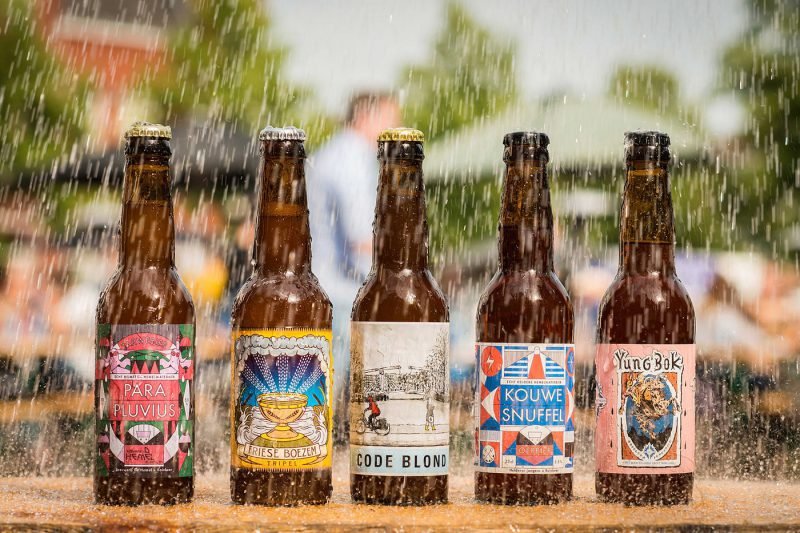Local Breweries Help Treat Wastewater
You couldn’t have missed it: small breweries are popping up in cities all around the world. It would be too narrow-minded to label them as just another hipster hobby, as many of them become stakeholders in the water treatment cycle by rethinking their water consumption and finding creative solutions for wastewater treatment and sustainable (re-)use of water.
One attempt deals with the re-use of by-products that come with the brewing process to break down nitrogen levels in the water. In Boulder, Colorado the local brewery Avery Brewing is teaming up with the city of Colorado since the municipal Wastewater Treatment Facility was looking for a new way to reduce the nitrogen levels in the city’s wastewater. In order to find a local solution they came up with the idea of making use of the weak wort the brewery produces when brewing beer. They plan to use this sugar water by-product of the brewing process to feed the bacteria that are brought in to break down the nitrogen levels in the wastewater. Both the brewery and the city profit from the cooperation: the brewery saves money for the waste disposal and the city can now use a cheaper and non-industrial product to treat the wastewater.

An approach that seeks to efficiently reuse clean process water can be found in the municipality of Laarbeek in the Netherlands. The came up with a project called Boer, bier, water that translates to “Farmer, beer, water” in order to enhance responsible land use and sustainability. One of the collaboration’s projects seeks to establish a water cycle so the process water from the Bavaria Brewery (that otherwise would just be discharged into the sewage disposal) can be re-used for the region’s agriculture.



Several breweries in Oregon attempt to use purified sewage water instead of drinking water for brewing beer
The third example seems to be quite exotic: several breweries in Oregon attempt to use purified sewage water instead of drinking water for brewing beer as part of the Pure Water Brew Challenge. With this competition they want to promote a more sustainable use of water and state that almost any kind of water can be reused. Of course, one has to get used to the thought that the water is originally coming from a sewer, but in the end after three purifying processes it is even cleaner than tap water. Minerals and salts have to be added to make the water comparable to the water that is used in ‘brewing capitals’ in Europe. In April the final decision will be made by the city if the breweries are allowed to re-use sewage water as basis for their beer production.
All of this goes hand in hand with the Clean Water Pledge which was started by Natural Resources Defense Council (NRDC) in the States in order to stand up for clean water and the Clean Water Act to raise awareness that clean water is critical for public health and also important for a wide range of industries.



